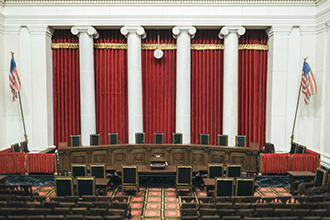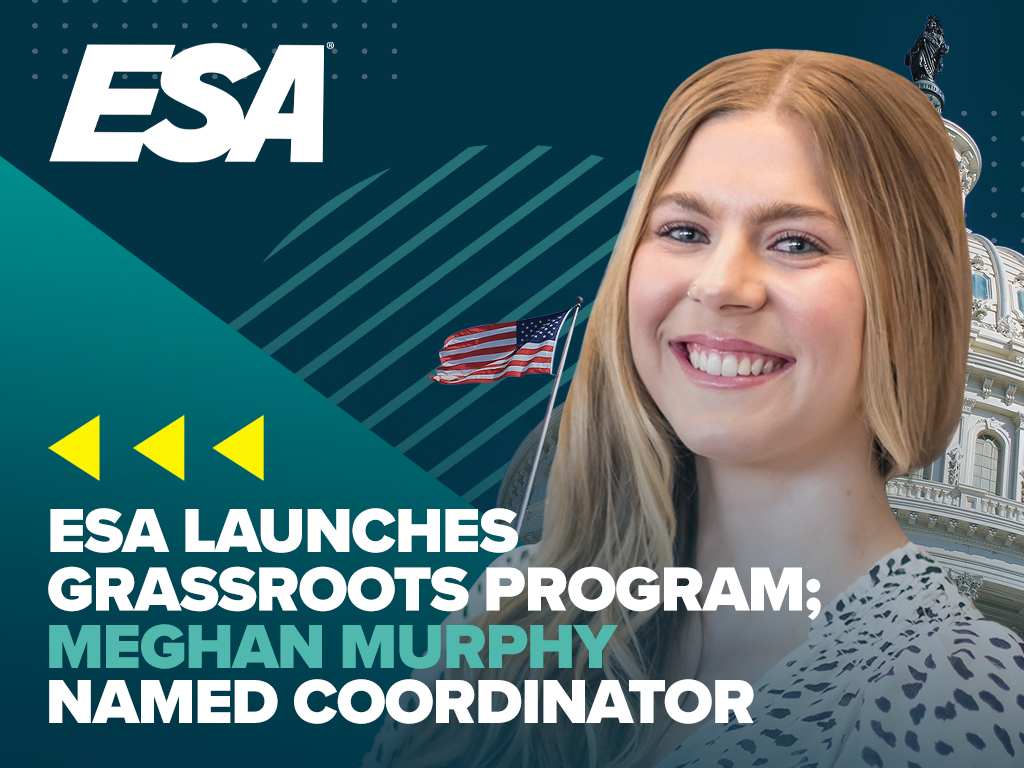If you glanced at the news lately you probably know that President Trump made another selection for the Supreme Court to replace the retiring Anthony Kennedy. While listening to or readings stories on Justice Kavanaugh you may have heard the phrase “administrative state” as an issue that worries or consoles people, depending on their perspective, about the direction the court is going when it comes to “administrative” law. If you glanced at the news lately you probably know that President Trump made another selection for the Supreme Court to replace the retiring Anthony Kennedy. While listening to or reading stories on Justice Kavanaugh, you may have heard the phrase “administrative state” as an issue that worries or consoles people, depending on their perspective, about the direction the court is going when it comes to “administrative” law.
There is no doubt the courts are beginning to take a more critical look at regulations and regulatory bodies and to hold them more accountable, despite the “Chevron” deference, which refers to a 1984 Supreme Court ruling (Chevron USA v. Natural Resources Defense Council) that held courts must defer to regulatory agency interpretations of federal law, as long as the interpretation is reasonable.
How this will come to impact electronic security licensing in the future may be a question answered sooner rather than later. In 2015 the Supreme Court held that the North Carolina Dental Examiners Board violated anti-trust laws because it was acting beyond its scope as a regulatory board and because it had no oversight of its actions. We have discussed this decision in the past, but its impact will soon be felt in states like Oklahoma and Louisiana, where occupational licensing board oversight legislation was recently enacted. Dozens of bills have been filed in legislatures around the country since the 2015 Supreme Court decision and in theory, it is a good thing that regulatory boards that oversee occupations have some form of oversight and legislative mandate to regulate occupations in their respective states.
But, we must also be mindful and diligent to guard against dilution of needed regulation that serves to protect the public from unqualified, unfit or dishonest people in occupations or professions, particularly within electronic security and life safety. The “least restrictive” regulatory environment is good if those who decide what “least restrictive” means have input from stakeholders who know the industry and can speak authoritatively.
More uniformity and licensing reciprocity would go a long way toward diminishing regulatory overreach or legislative attacks on needed regulation. But, it will take a concerted and long-term effort to convince legislatures (and perhaps some of our own members) that uniformity and reciprocity is a good thing for the industry.
We will continue to see more states enact legislation that will put occupational boards under the kind of “active supervision” described by the Supreme Court. While over-regulation does certainly impact business and ultimately harms consumers, we must always be diligent to work with legislators and regulators as they review standards to keep what is good and jettison only the obsolete and onerous. If you have the opportunity to discuss the issue with your elected officials, do not hesitate to refer to the ESA policy position on Occupational Licensing and Model Electronic Security Licensing Language for States to help formulate talking points and suggested language for licensing the electronic security industry.




